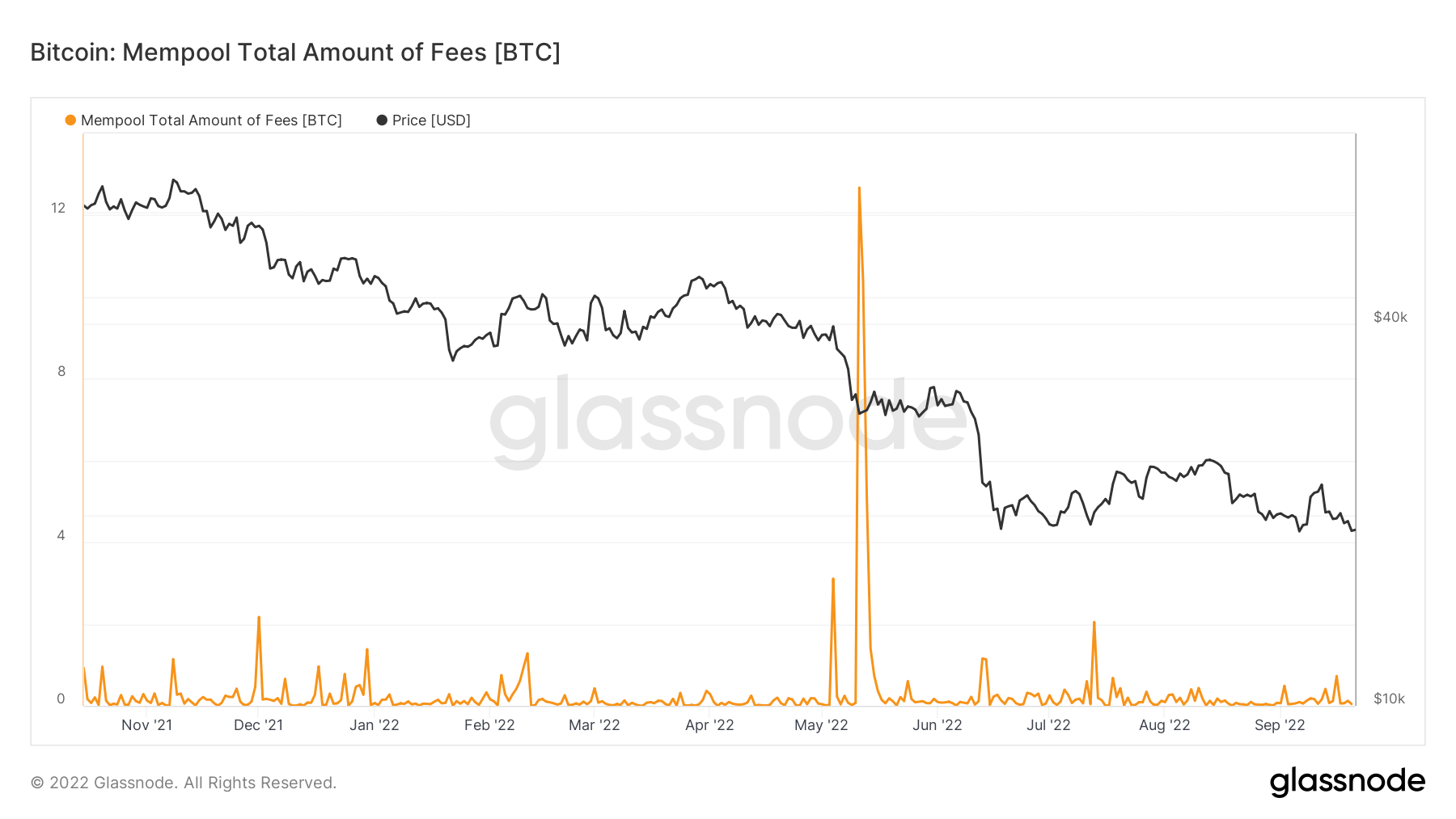Debunking the FUD around Bitcoin transaction fees


Bitcoin FUD comes in all shapes and sizes, from rampant energy consumption to widespread crime.
Since 2017, the World Economic Forum has been warning that Bitcoin will eventually consume more electricity than the entire world. Governments around the world have campaigned against Bitcoin mining and warned of its effects on climate change.
Regulators have also waged a war against Bitcoin. Law enforcement agencies and central banks argue that it is not a secure network as it is vulnerable to attack and manipulation while providing infrastructure for money laundering and crime.
However, all these claims are not only unfounded but also completely false.
Although they can be contested in many ways, Bitcoin transaction fees offer the simplest explanation.
Bitcoin transaction fees are the lifeblood of the Bitcoin network and are what secure the network both in the short and long term.
Those critical of the network fear that as the block subsidy decreases with each halving, the fees alone will not be enough to prevent miners from shutting down their machines. Miners leaving the network en masse will drastically reduce the network’s speed and make it highly vulnerable to attack.
These claims are highly hypothetical and equally unlikely. The security of the Bitcoin network has remained strong since its inception over a decade ago. None of the major incidents the network has experienced has so far managed to create a breach in the security foundation.
In 2017, the network saw one of its first major congestion issues as Bitcoin headed towards $20,000. Transaction fees rose to record highs since a massive selloff took place. Once a correction began, transaction fees began to drop significantly, leading many to wonder if such a sudden drop in miner income could affect the network.
Since 2017, the Bitcoin network has settled trillions of dollars worth of transactions with just a fraction of the fees. Through 2022, miner fees have remained relatively consistent. As the Lightning Network and SegWit become more widespread, congestion will become an even rarer occurrence.

Those concerned about the security of Bitcoin believe that it is only a matter of time before it experiences an attack.
However, any type of attack on the Bitcoin network will undoubtedly lead to a significant increase in fees in the mempool. Users would start competing for the next block with higher and higher fees, making it more expensive for the attackers to take control of the network.
This is evident in the huge spike that occurred during the Terra (LUNA) collapse in May of this year. The total amount of transaction fees pending in the mempool increased more than tenfold as users began to rush to sell Bitcoin before it fell too low. Those willing to pay higher fees saw their transactions processed and losses mitigated, while those whose transactions got stuck in the mempool were forced to wait for the congestion to clear.

This is a testimony to the security of the network. Transaction fees are the lifeblood of the network that keeps it going and the defense mechanism that keeps it safe even in times of high volatility.

























